Obituary: Leonard Cabell Pronko
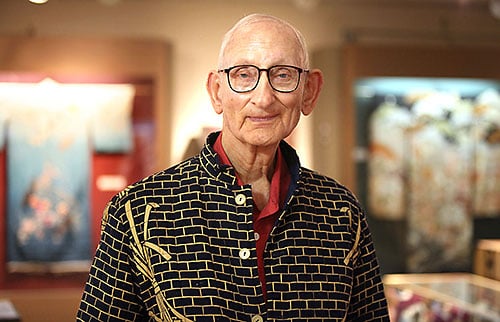
Celebrated advocate of and expert in kabuki, beloved professor, author, opera singer
“I can’t imagine a world without Leonard” was the most common sentiment expressed by legions of Leonard’s former students and admirers when told of his unexpected death.
Leonard C. Pronko, Pomona College’s beloved professor emeritus of theatre and dance (and formerly of French/Romance languages as well), who was one of the world’s most ardent and renowned advocates of kabuki theater, died the night before Thanksgiving at the age of 92.
“Although his death was the result of a heart attack suffered a week previously, it would be wrong to say he died of ‘heart failure,’ because Leonard’s heart was huge, enfolding with warmth, intelligence, humor and passion everyone who knew him,” his family shared. “Once, when a friend made the Spanish toast, ‘Salud, amor, pesetas y el tiempo para gustarlas’ (Health, love, money and the time to enjoy them), he objected, insisting that love comes first.”
His heart spilled over with the many gifts he joyfully shared. For example, despite retiring in 2014 after 57 years at Pomona, he enthusiastically attended student theater productions, and just last year, he acceded to student pleas to teach an independent study on kabuki.
He was a passionate world traveler, with a special love of the Dordogne region of France, Italy, and of course Japan and Asia. He often coordinated international travel to coincide with operas he wanted to see, particularly those of Verdi. He was an avid theater goer (not only in the USA, but in London, Paris and Tokyo) and was especially devoted to the works of Ibsen.
He was also a world-class gourmet, a fabulous cook (his Reine de Saba chocolate cake was a miracle, his friends said), and a lover of great wines, great chocolates and great pastries.
He was fluent in French, Spanish, Japanese and Italian, and spoke some Portuguese and German as well. A voracious reader, he gleefully recounted the fabulous things he’d recently learned; he was especially fond of history, biographies, cultural studies, and larger-than-life novels.
He was also a collector of art, especially ceramics (many created by his husband, Takao Tomono) and Japanese prints.
Leonard Pronko was internationally renowned as an expert on Japanese kabuki theater and the French avant-garde theater. These dual areas of expertise gave rise to a third area of renown, intercultural performance.
His first four books dealt with 20th century French theater; his 1962 Avant-Garde: The Experimental Theatre in France was hailed in the New York Times by theater director/critic Harold Clurman as “The best introduction to the avant-garde playwrights of France we have in English.”
But his most influential book was to come five years later, after a Guggenheim Fellowship year in which he traveled the world, most importantly studying the traditional theaters of Japan, Bali and India. Theatre East and West: Perspectives Toward a Total Theatre (1967) was the first significant work advocating a transformation of Western theater by encompassing aspects of Asian performance: mask, dance, ritual and larger than life theatricality.
It is not surprising that this type of performance is what thrilled him, because Mr. Pronko was always enamored of opera, having begun his college career as a singing major. He continued to study and perform opera semi-professionally all through graduate school. His idols were singers—especially tenors—with deeply passionate voices. Until the end, he retained a beautiful singing voice, enthusiastically performing excerpts of opera as he explicated or critiqued a work.
But it was his exposure to Japanese kabuki during that Guggenheim year that changed his life. In 1965, he started studying kabuki dance, and in 1970-71, he became the first non-Japanese accepted to the Japanese National Theatre’s Kabuki training program. He taught his own students what he liked to call “imaginary kabuki,” a term he borrowed from French director Ariane Mnouchkine.
He explained, “What [I] did was to invent a kind of kabuki that corresponded to [my] dreams and [my] memories of the bigger than life performance that [I] had seen in Japan.”
At Pomona, he directed more than 20 classic kabuki plays in as accurate a fashion as possible, as well as about a dozen newly written “fusion” plays (which use Japanese acting and playwriting techniques), western classics such as Macbeth and The Jew of Malta, into which he incorporated kabuki techniques, as well as many other non-kabuki-infused western classics.
With his partner and husband Mr. Tomono, he performed a lecture-demonstration of kabuki (makeup, costume, dance and acting, using the classic work Goj?bashi) more than 200 times throughout the USA. Mr. Tomono also served as associate director on Mr. Pronko’s kabuki plays.
Among his many honors, in 1985 Mr. Pronko was awarded the Japanese government’s Order of the Sacred Treasure, Third Class, for his efforts to promote knowledge of and appreciation for kabuki in the USA. The Association for Theatre in Higher Education named him Outstanding Teacher in 1997. He was twice honored by Pomona College with Wig Distinguished Professor a awards. His kabuki productions earned him a Los Angeles Drama Critics Circle Award (1972), as well as an award for excellence from the American College Theatre Festival. In 2006, he was named to the College of Fellows of the American Theatre.
Leonard was born October 3, 1927 in Cebu, the Philippines, where he lived until age 7. After the family returned to the USA, his father, who in youth had been in training as a Russian Orthodox priest but had fled Russia in 1917 due to the revolution, became the pastor of a church near St. Louis, Missouri.
After his father’s death, his mother, Ludwell (Luddie), moved in with him and, as many of his students remember, worked tirelessly on wigs and costumes for his kabuki plays.
He attended Drury College in Springfield, Missouri, for his bachelor’s degree, Washington University in St. Louis for his master’s, and Tulane University in New Orleans for his PhD in French literature.
In Paris, he studied at the Sorbonne and at the École du Théâtre Charles Dullin. He credited professor Edith Kern of the University of Kansas, in Lawrence, as one of his most important academic mentors.
He is survived by his husband, Takao Tomono; nieces and their children; cousins; and countless devoted friends, colleagues and former students.
A memorial and celebration of his life will be held by Pomona College in spring, 2020, with details still to be determined.

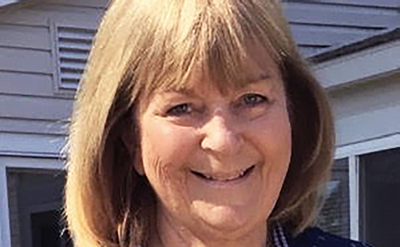
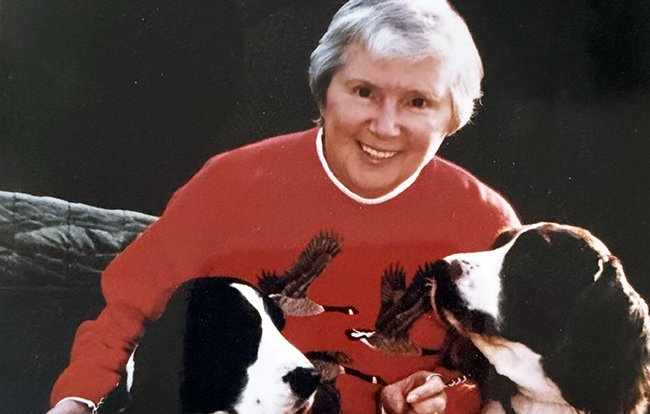
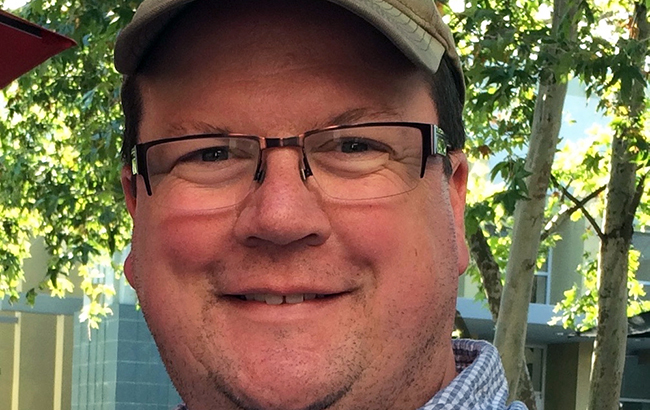
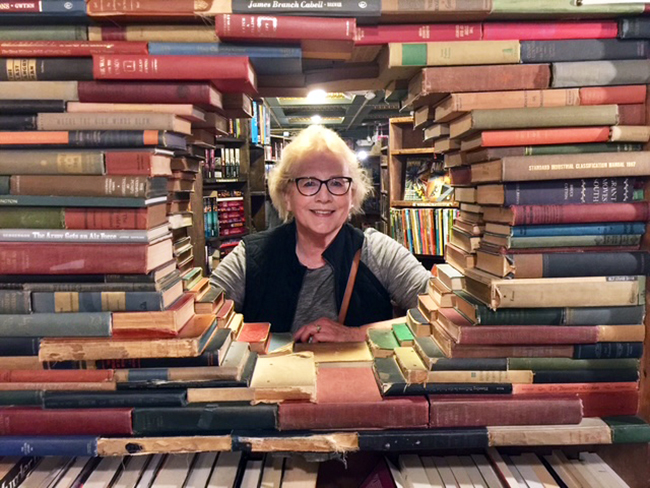
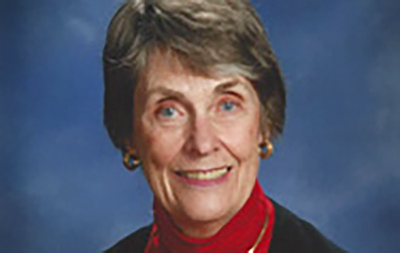
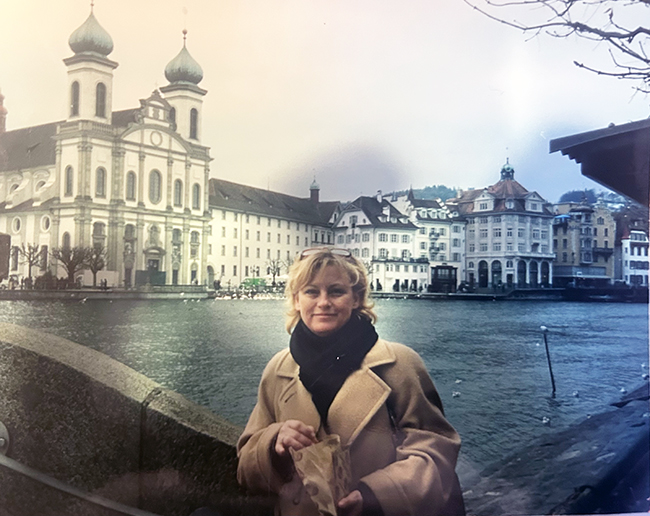

0 Comments